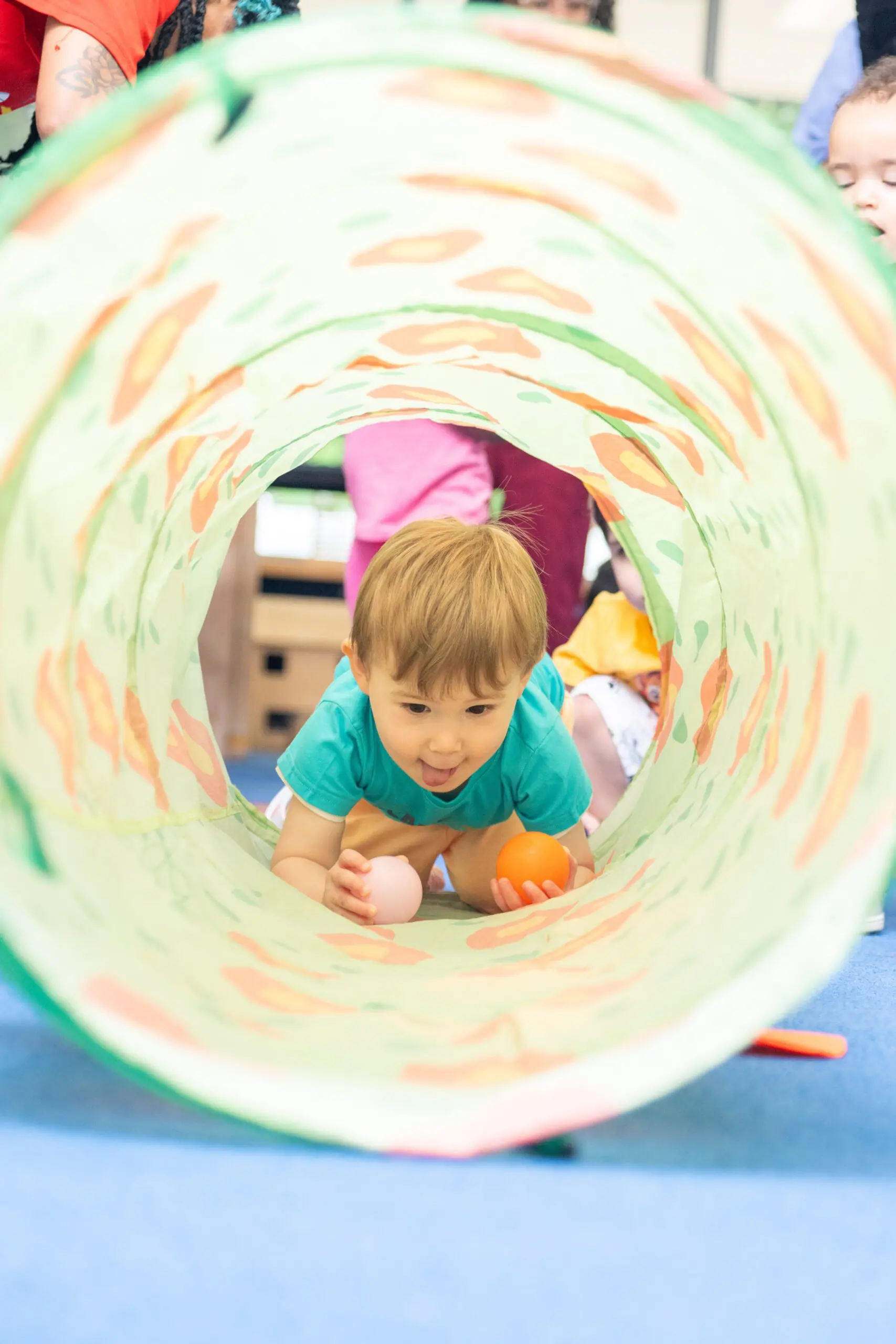
Learn About the Power of Play: How Play Enhances Education
Play in an early childhood education setting can be a useful and highly effective way to help children develop crucial cognitive skills that will benefit them throughout their lives. On October 17th at 7:30 p.m. EST, Endeavor Schools is presenting a free online presentation for parents and educators interested in learning more about how to implement play in educational settings.
Led by Dr. Amy Brereton, the Chief Academic Officer at Endeavor Schools, The Power of Play event will explore the research on play, what it is and is not, and ways to support play at home. You can register at this link.
Here is a glimpse of what will be discussed:
What the research says about the essential role of play in learning
Studies show that play helps children develop critical cognitive skills, such as problem-solving, creativity and social understanding. Play also encourages language development, emotional regulation, and even early math skills, making it a key component of well-rounded learning.
According to the American Academy of Pediatrics, children engaged in regular play show better executive functioning, which includes skills like working memory, flexible thinking, and self-regulation – major keys for school readiness and academic success. Other benefits include language and literacy development, as well as physical health and wellbeing.
What is and is not play
When implementing play in childhood education, adults tend to lean toward structured activities they direct, such as games or projects. While those can be beneficial and fun, they’re not “play” in this sense. There is no strict definition of play, but generally, it refers to an activity that children choose freely, engages their imagination and brings them enjoyment. The goal is to encourage children to ponder and interact with their surroundings while utilizing their creative and critical thinking skills.
Ways to support play at home
Parents can support play at home by providing open-ended materials, like blocks or art supplies, that allow children to create freely. Encouraging imaginative play by giving children space to lead their activities is a way for them to create play themselves.
Why Play Matters
Play is a powerful tool for learning, particularly in early childhood education. Dr. Stuart Brown, a psychiatrist and clinical researcher who has investigated the importance of play in childhood development, has demonstrated that play enhances brain development, fostering crucial cognitive abilities that last a lifetime.
Brown’s research found that unstructured, self-directed play helps children build problem-solving skills, creativity, emotional resilience, and social awareness. Play’s benefits for cognitive development can be tremendous in adulthood. And a lack of play can have highly negative effects, as well.
Learn more about Brown’s research into play by watching this Ted Talk below.
Register for “The Power of Play”
By understanding the value of play, parents and educators can help children build a foundation for success in school and beyond. Be sure to learn more about this fascinating and fun concept at our free online event.
Register here.
